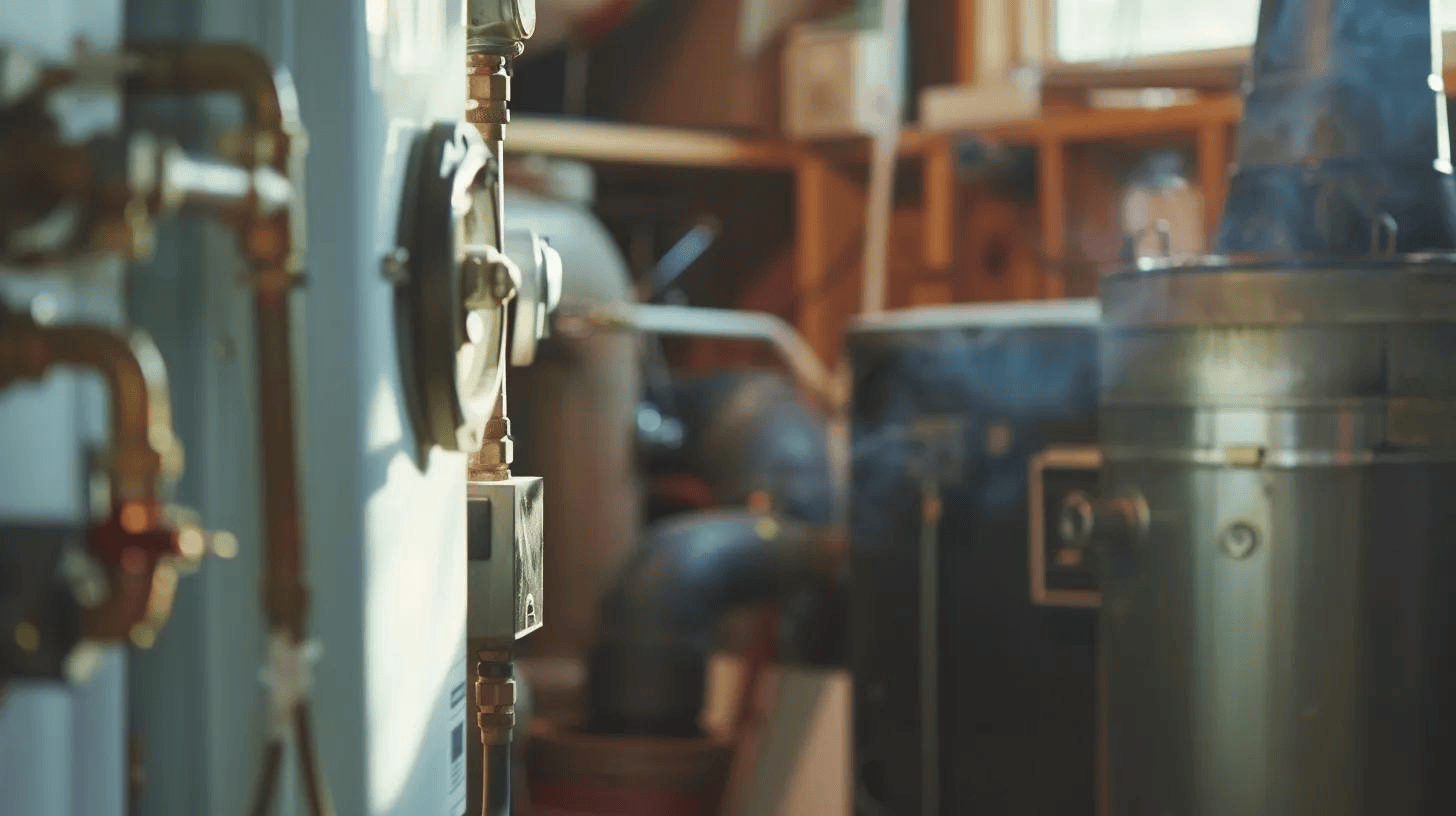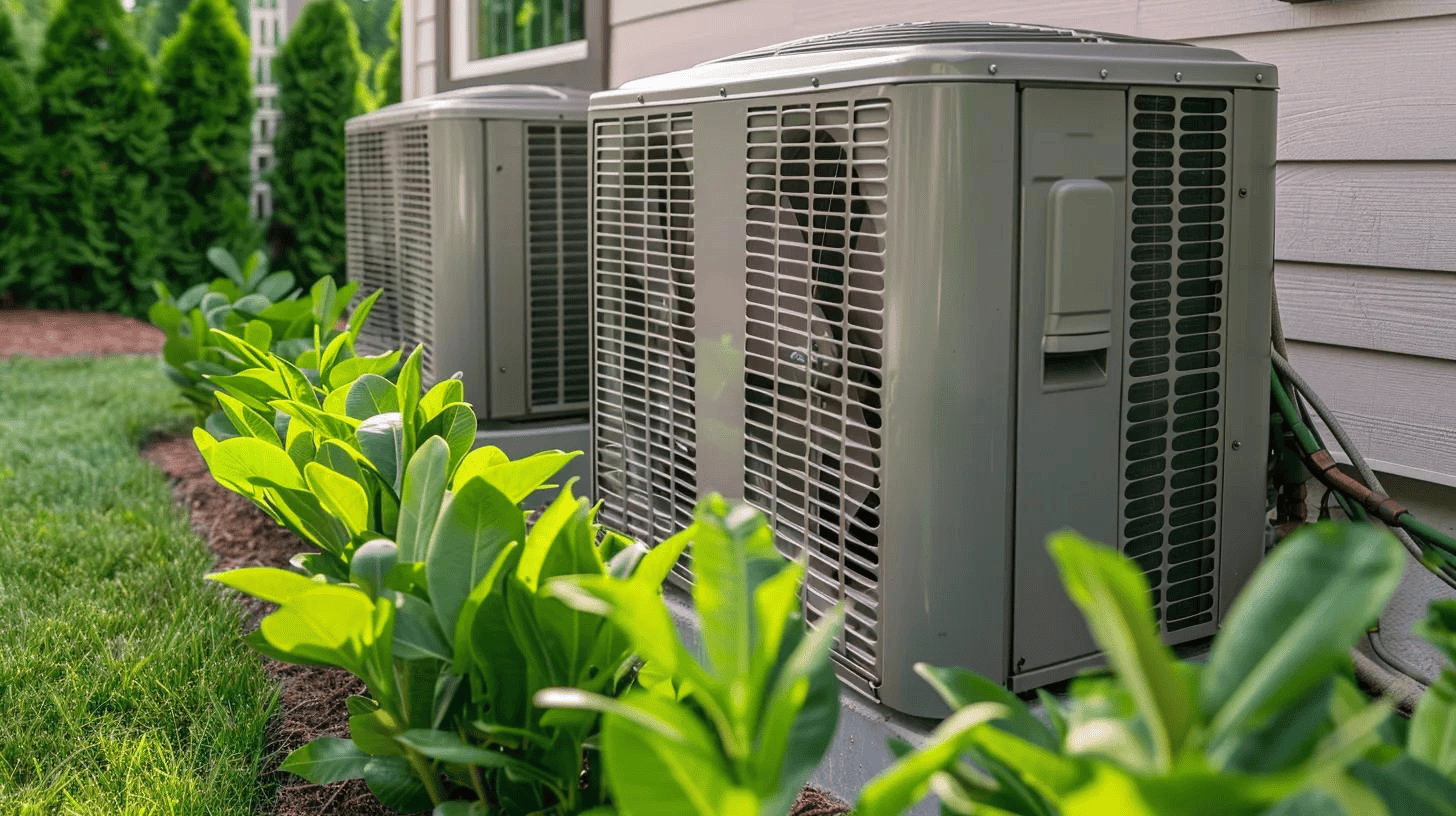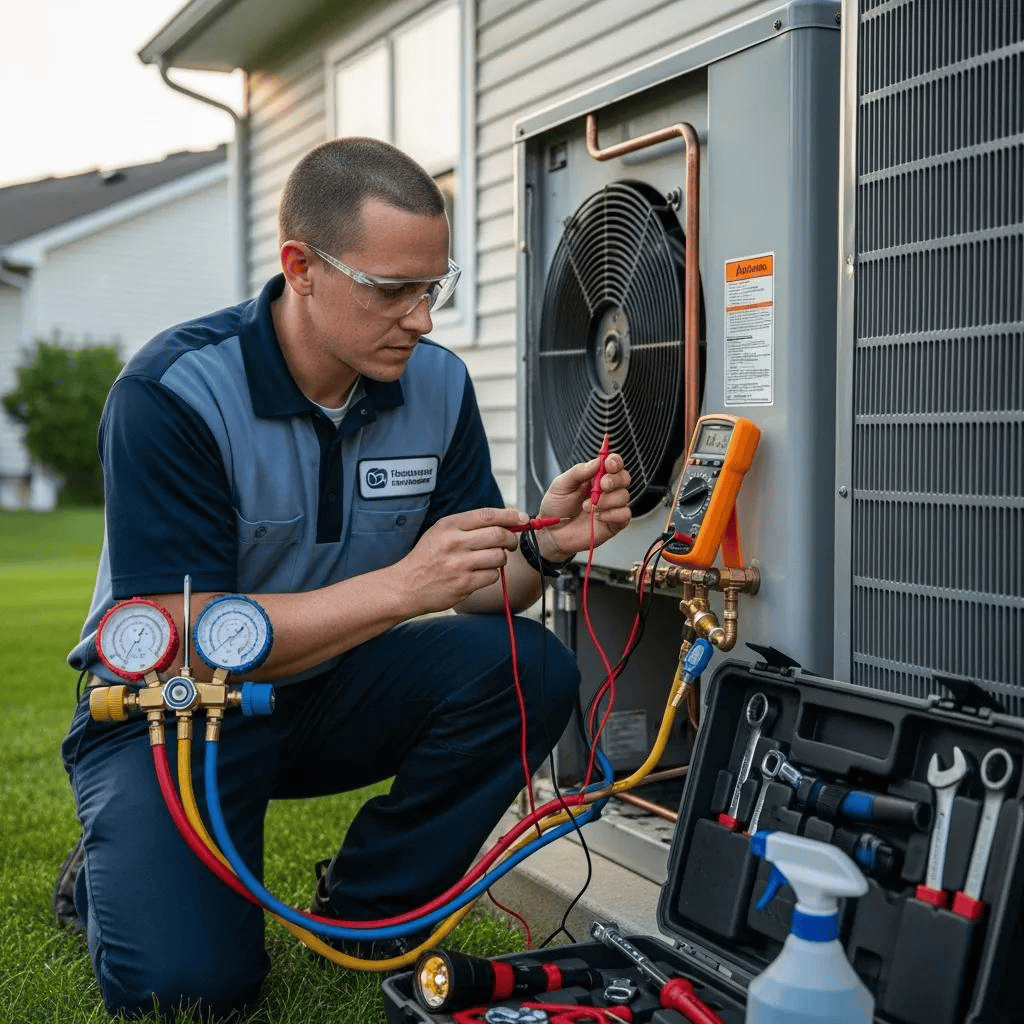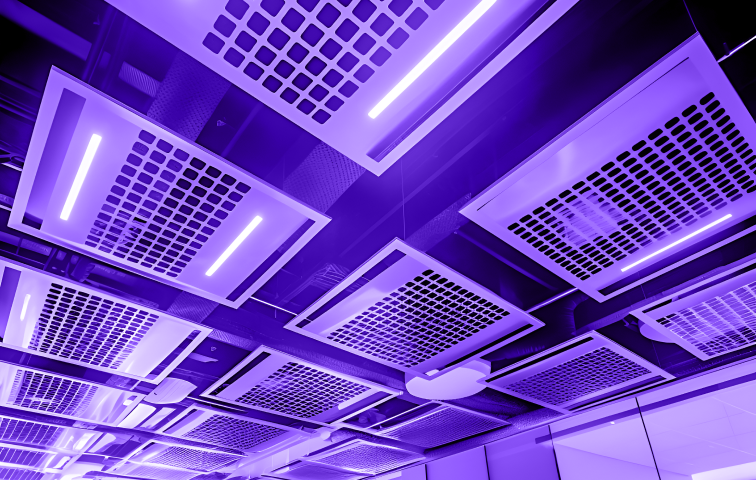During the peak of summer in New Orleans, your air conditioner does more than just cool your home. It serves as your protection against extreme heat and humidity. When everything is working correctly, it's easy to forget how much your comfort depends on your AC. But when the system shuts down and you find that the circuit breaker has tripped, you’re left in a hot and frustrating situation without clear answers. If it becomes a repeated issue, there is likely something deeper going on.
Frequent breaker trips can damage the unit, shorten its lifespan, and increase your energy bills. In New Orleans, where air conditioning systems often run day and night during the summer months, it's important to figure out the cause and take proper action. Whether it's an electrical overload, restricted airflow, or internal failure, understanding the issue helps you prevent future problems and make smart repair decisions.
Common Causes Of AC Circuit Breaker Tripping
When an AC circuit breaker trips, it's usually doing its job to protect your system from electrical harm. Although helpful, a tripped breaker usually signals that your system is pulling in more power than it should or has encountered a serious issue. In New Orleans homes, the most common reasons for breaker trips include:
1. Overloaded Circuit
If too many appliances are running on the same circuit, your AC can overload the electrical system. This is especially common in older homes with outdated wiring that isn’t equipped for modern energy demands.
2. Dirty Air Filters
Clogged filters force your AC to work harder to move air, which causes the system to strain and possibly overheat. This added stress increases the chances of a breaker trip. It’s a simple issue that makes a big difference when overlooked.
3. Refrigerant Leaks
When refrigerant runs low due to a leak, the AC has to run longer and harder to cool your space. That extra effort can overheat the compressor, making breaker trips more likely. Signs of a leak might include reduced cooling or hissing noises.
4. Faulty Compressor or Capacitor
The compressor and capacitors play key roles in your AC system. If either part malfunctions, it may pull excessive electricity and cause the breaker to trip. When compressors overheat or shut down, breaker trips often follow quickly.
Some situations we’ve seen in New Orleans involve opening windows while the AC is on. This lets in warm air and throws off the system’s pressure balance, causing it to cycle off and on more rapidly. That short cycling can overwork components and trigger a breaker trip.
These underlying issues often begin small but intensify when ignored. Identifying early signs helps reduce long-term damage.
Immediate Steps To Take When Your AC Breaker Trips
When your breaker trips and the AC shuts off during a hot day, it’s important to act calmly and safely. Before you head to reset the breaker, follow these steps to help your system and avoid repeat trips:
1. Turn Off the Thermostat and AC Unit
Start by switching off the thermostat and shutting off power at the outdoor unit. This gives the system a chance to reset fully and prevents immediate retrips once the breaker is flipped back on.
2. Inspect and Replace Dirty Air Filters
Check your return air filter by holding it up to the light. If airflow is restricted or the filter is clearly dirty, replace it right away. Clean filters protect the system and lower the risk of overheating.
3. Check the Outdoor Unit
Look around your outdoor AC unit. Remove any debris like leaves, plastic bags, or overgrown plants that may be blocking the airflow. Clear space around the unit helps it vent heat properly.
4. Let the System Cool Down
After a breaker trip, allow 30 minutes for the unit to cool off before attempting to reset the breaker. This step reduces strain and improves the likelihood of a successful reset.
5. Reset the Breaker Carefully
Locate the AC breaker in your electrical panel. If the switch is between "on" and "off," move it fully off first, then switch it back to "on." If it trips again right away, do not keep trying. There may be a serious problem inside the system that needs expert evaluation.
If these steps do not solve the problem, it may mean internal damage or component failure. Continuing to restart a failing system may lead to more expensive repairs.
When to Call in Our Professionals
One or two tripped breakers might be due to simple issues, but regular or repeated tripping is almost always a sign that something more serious is wrong. That’s the time to bring in our professionals for a full inspection.
Key signs that you should schedule a repair visit include:
- The breaker trips immediately after reset
- Ice builds on the coils
- Warm or weak airflow comes from the vents
- The AC cycles on and off often
- Loud buzzing or mechanical noises near the unit
- A hot or burning smell near the panel or the unit
Frequent trips may signal overheating wires, a failing compressor, weak capacitors, or deep electrical faults. These are not safe to troubleshoot without the right training. Our technicians in New Orleans are trained to locate these problems accurately and carry out all necessary repairs safely.
Our professionals also check your AC's refrigerant levels, clean essential components, and make sure the whole system runs within correct power ranges. Identifying faults early saves you from a major breakdown later. Many people assume a trip is just a one-time event, but it can be an early warning for bigger system damage.
Let our team diagnose and resolve it fully so your system runs dependably throughout the summer.
Preventive Maintenance Tips To Keep Your Breaker From Tripping
Routine inspections and seasonal maintenance are among the best ways to prevent unexpected breaker problems. Many tripping issues start with worn components or neglected parts. Here are a few helpful practices for homeowners in New Orleans:
- Change air filters regularly, especially during high-use months
- Keep lawns, branches, and trash away from the outdoor unit
- Use a programmable thermostat to ease pressure in the hottest hours
- Avoid closing too many interior air vents
- Don’t set the thermostat too low during heatwaves
- Stay alert for any new noises or spikes in your electric bill
Regular tune-ups also catch problem signs early and keep all parts within safe loads. Our technicians carry out detailed inspections and verify proper airflow, wiring health, refrigerant levels, and more.
Preventative care means your system uses energy more effectively and experiences fewer failures caused by electrical stress—especially when summer heat is at its highest.
Ensuring Reliable AC Operation in Your New Orleans Home
Air conditioner circuit breaker problems don’t just interrupt comfort—they warn that something critical might be going wrong in the system. Given how hard AC units work during summer in New Orleans, any delay in resolving the problem can lead to higher repair costs or even full equipment failure.
Taking quick action at the first sign of trouble makes a big difference. Simple steps like replacing clogged filters, keeping outdoor units clear, and setting moderate temperatures help ease strain on your AC system. Most importantly, don't keep flipping the breaker if the root issue is unknown.
Staying on top of basic upkeep and booking seasonal maintenance helps extend the life of your system and avoid peak-season surprises. If your breaker has tripped more than once or you notice odd signs from your system, contact our technicians for help.
Maintaining a reliable air conditioning system starts with small actions and fast response. You and your family can stay cool, safe, and comfortable when your AC runs without interruption.
Keep your home cool and safe by addressing breaker issues before they escalate. Trust Climate Tamers to help ensure your system runs smoothly throughout the hot summer in New Orleans. For professional air conditioner repair in New Orleans that tackles persistent breaker trips, our experienced technicians offer the reliable service you need to prevent further problems. For a quick estimate or to book a service visit, please contact us today.

Customer Testimonials
Our customers consistently praise Climate Tamers for our professionalism, fast service, and commitment to keeping their homes comfortable.

Other Blogs


Key Benefits of Installing a Heat Pump System




